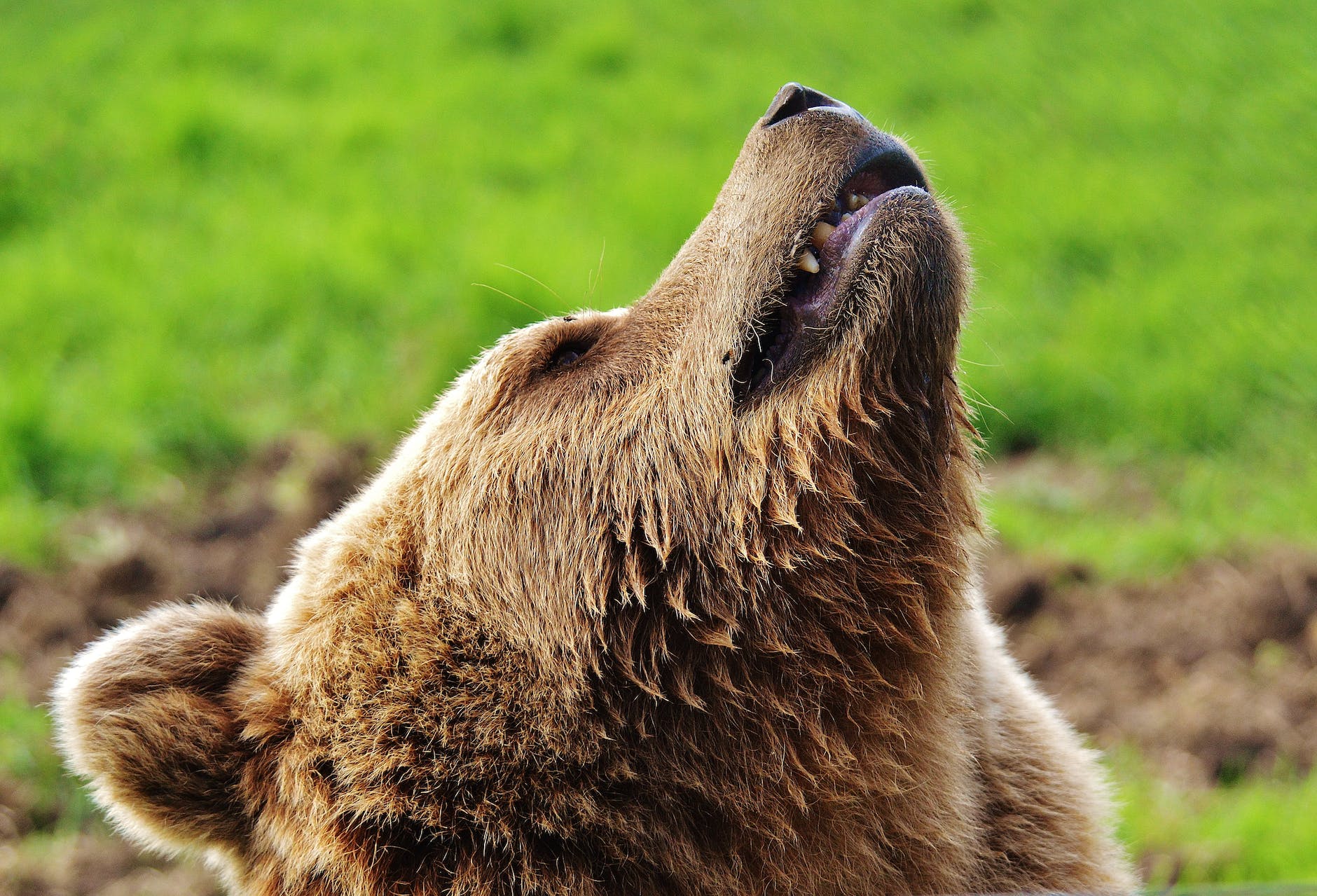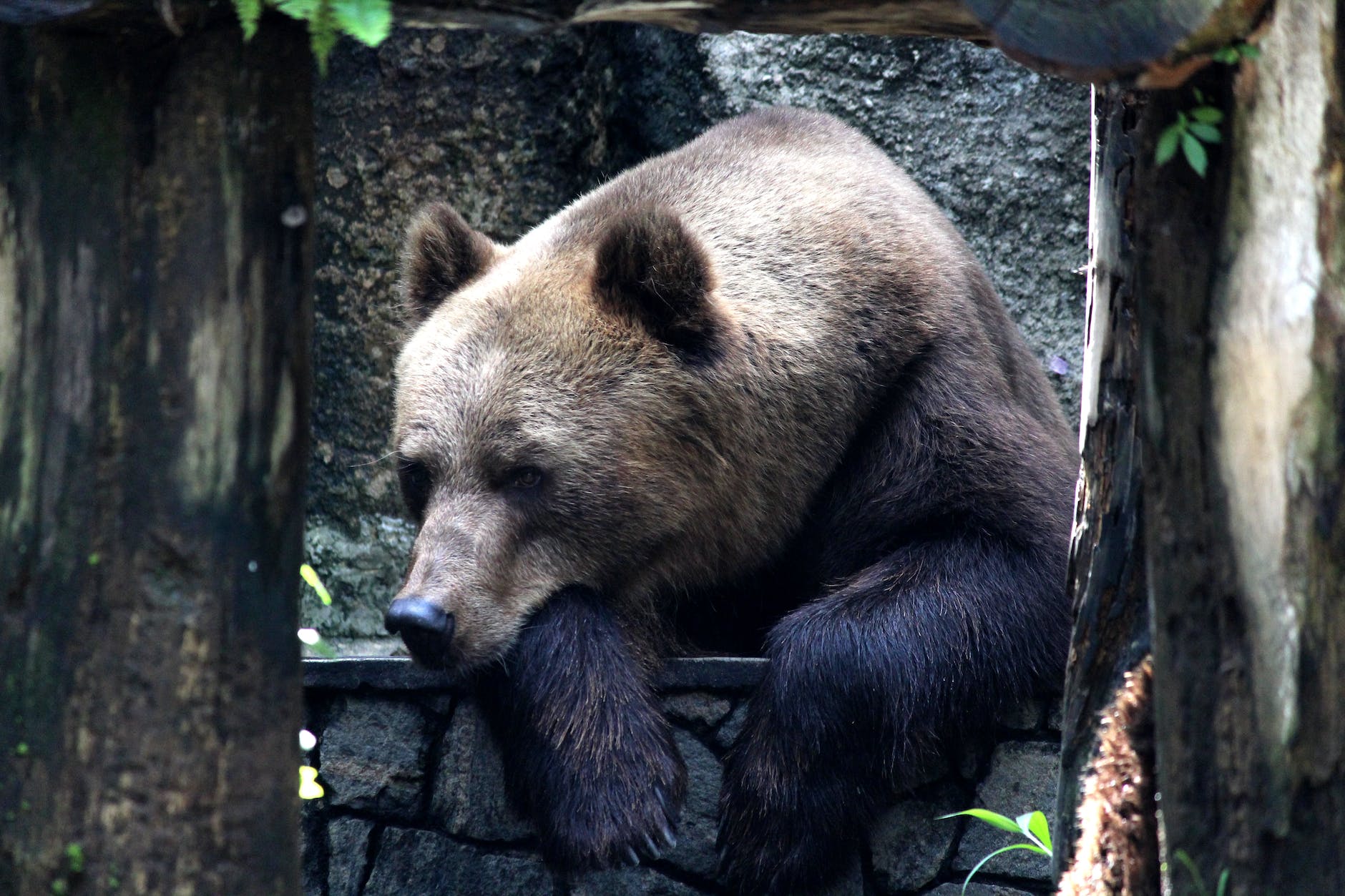 ibernation is a fascinating natural phenomenon observed in several animal species, including bears. During the winter months, bears enter a deep sleep known as hibernation to conserve energy and survive harsh conditions. However, have you ever wondered what would happen if you were to disturb a hibernating bear? In this article, we will explore the consequences and potential dangers associated with waking up a bear from its deep slumber.
ibernation is a fascinating natural phenomenon observed in several animal species, including bears. During the winter months, bears enter a deep sleep known as hibernation to conserve energy and survive harsh conditions. However, have you ever wondered what would happen if you were to disturb a hibernating bear? In this article, we will explore the consequences and potential dangers associated with waking up a bear from its deep slumber.
The Physiology of Bear Hibernation
Before delving into the repercussions of waking up a hibernating bear, it’s essential to understand the physiological changes that occur during this dormant state. Bears undergo a remarkable transformation that enables them to survive extended periods without food or water. During hibernation, their metabolic rate significantly decreases, dropping to nearly 25% of their normal rate. This reduced metabolic activity allows bears to conserve energy and rely on stored fat reserves to sustain themselves.
Another crucial adaptation that bears exhibit during hibernation is a decrease in body temperature. While their core body temperature remains relatively stable, bears can lower their extremity temperatures significantly. This adaptation reduces heat loss and prevents unnecessary energy expenditure. Additionally, bears experience a decrease in heart rate and respiratory rate, further contributing to their overall lowered metabolic rate.
In this state of lowered physiological activity, bears do not eat, drink, urinate, or defecate. Instead, they rely on their fat stores, accumulated during the summer and autumn, to provide the necessary nutrients for survival. It’s worth noting that the entire hibernation period can last for several months, depending on the species and local environmental conditions.
Waking Up a Hibernating Bear
Waking up a hibernating bear is a risky and potentially dangerous endeavor. Bears in hibernation are in a vulnerable state, and disturbing them can have severe consequences. While it may be tempting to witness a bear awakening, it is crucial to prioritize the well-being and safety of both humans and the bear itself.

The act of waking up a bear prematurely disrupts its natural hibernation cycle, which can have negative consequences on the bear’s health and survival. The sudden increase in metabolic rate, heart rate, and body temperature can be a shock to their system, leading to stress, exhaustion, and even death. Disturbing a hibernating bear also means depriving it of vital energy reserves, which are crucial for the bear’s survival during the winter months.
Moreover, waking up a bear can trigger an aggressive response. Bears are inherently protective of their personal space, especially when they feel threatened or startled. An awakened bear may perceive the disturbance as an intrusion, leading to defensive behaviors such as growling, lunging, or attacking. This response is a natural instinct of self-preservation, and the consequences can be severe, causing harm to both humans and the bear.
Human-Bear Encounters
Human-bear encounters, particularly in the context of waking up a hibernating bear, pose significant risks. It is crucial to remember that bears are wild animals and should be treated with caution and respect. Encountering a hibernating bear without proper knowledge and experience can result in unintended consequences.
In regions where bears are known to hibernate, it is important to follow guidelines and regulations provided by local wildlife authorities. Educating the public about bear behavior and the risks associated with disturbing hibernating bears can help prevent potentially dangerous situations. This knowledge empowers individuals to make informed decisions and maintain a safe distance from bears during their hibernation period.
In the event of accidentally disturbing a hibernating bear, it is crucial to retreat slowly and quietly without further agitating the bear. Creating distance between yourself and the bear reduces the potential for conflict. If a human-bear encounter does escalate, it is advisable to back away slowly, avoid direct eye contact, and speak in a calm and assertive manner. Carrying bear spray or other deterrents can also be helpful in such situations.
Conservation and Coexistence
Understanding the significance of hibernation for bears is crucial for their conservation and our ability to coexist peacefully with these magnificent creatures. Protecting the habitats where bears hibernate, providing adequate food sources, and minimizing disturbances in these areas are essential steps in ensuring their survival.
Conservation efforts aimed at preserving bear populations involve public education, habitat restoration, and the enforcement of regulations to protect bears during their hibernation period. By raising awareness about the importance of hibernation and the risks associated with disturbing bears, we can foster a greater appreciation for these remarkable animals and promote responsible interactions.
Ultimately, waking up a hibernating bear is an action that should be avoided at all costs. By respecting their natural behaviors and habitats, we contribute to the well-being of bears and our own safety. Admiring bears from a distance, supporting conservation initiatives, and advocating for their protection ensures the longevity of these awe-inspiring creatures for future generations to appreciate and cherish.
Waking up a hibernating bear has serious consequences for both humans and bears. The physiological disruptions and potential aggressive responses can lead to stress, exhaustion, injury, or even death. Understanding the importance of hibernation, respecting bears as wild animals, and promoting coexistence are vital steps towards safeguarding these incredible creatures and maintaining a safe environment for all. By prioritizing education and conservation efforts, we can ensure the harmony between humans and hibernating bears while preserving the wonders of the natural world.
Avid Writer with invaluable knowledge of Humanity!
Upcoming historian with over 30 million views online.
“You make your own life.”





